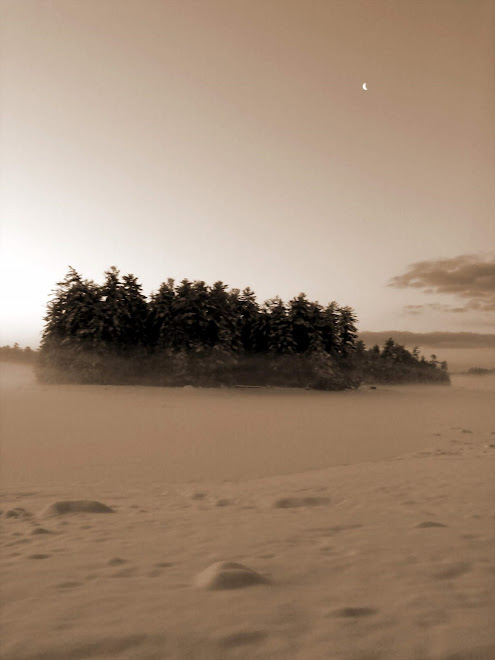

I escaped up to the White River for the weekend- a continuation of the week in the wilderness. During the sunshine hours of Saturday I had some quiet time for reflection and I am still at a loss as to the direction that I want to take these next two weeks of research. The last readings as well as our afternoon with Randy Warren have my mind hooked on agriculture and the balance between farmers and nature. I have felt a strong connection to farmers and their dependency on nature for many years. During my travels to Tanzania it was the farmers that drew me in, I became eager to connect with their efforts to sustain life through utilizing the land. In New Zealand, I was taken aback by the naturally organic landscape. I became a reporter of dairy farming at it's finest- a model of sustainable design.
My great great grandfather used to raise vegetables and sell them to the locals and summer visitors at his farm stand. His son, Robert Handy, started farming cranberries and passed the family business down to my grandfather, Arthur Handy, who later was a member of the board of directors of Ocean Spray. Today my uncle, Brain Handy, continues to farm the greatest number of acres of bogs on the Cape. We are a family that is deeply tied to the land and while my father did not become a farmer, his values and sense of place in nature are rooted in his character. His upbringing fostered a passion for the possibilities that lie within the soil.
I have a ton of pride for my family and their history and feel somewhat helpless as I watch what is happening to small family farms across New England. In some respects cranberry farming is a niche product however, it too has faced the repercussions of large-scale operations. Interestingly, the bigger battle for my uncle has been people representing the environmental integrity of the land. Over the last decade a high percentage of his time has been filled with angry town meetings, lawsuits, interviews, and politics. Farming has almost been pushed on the back burner in order to save the integrity of the family business.
These politics fascinate me and go beyond my families problems- family farms are a dying breed. However, sustainable agriculture is generating a movement of people that are interested in reaping the benefits of the landscape while preserving it's natural patterns. There is a trendy new lingo that is associated with eating local and shopping at farmers markets, but many New England farmers have been practicing these sustainable techniques for decades. The cranberry is a native plant to New England. The production of its fruit was harvested by the Native Americans. I have an invested interest in understanding what it will take to preserve this history.
What's the deal with this conservation easement that Randy was talking about? What information would be helpful for social or cultural understanding of this area and the agricultural history?

No comments:
Post a Comment